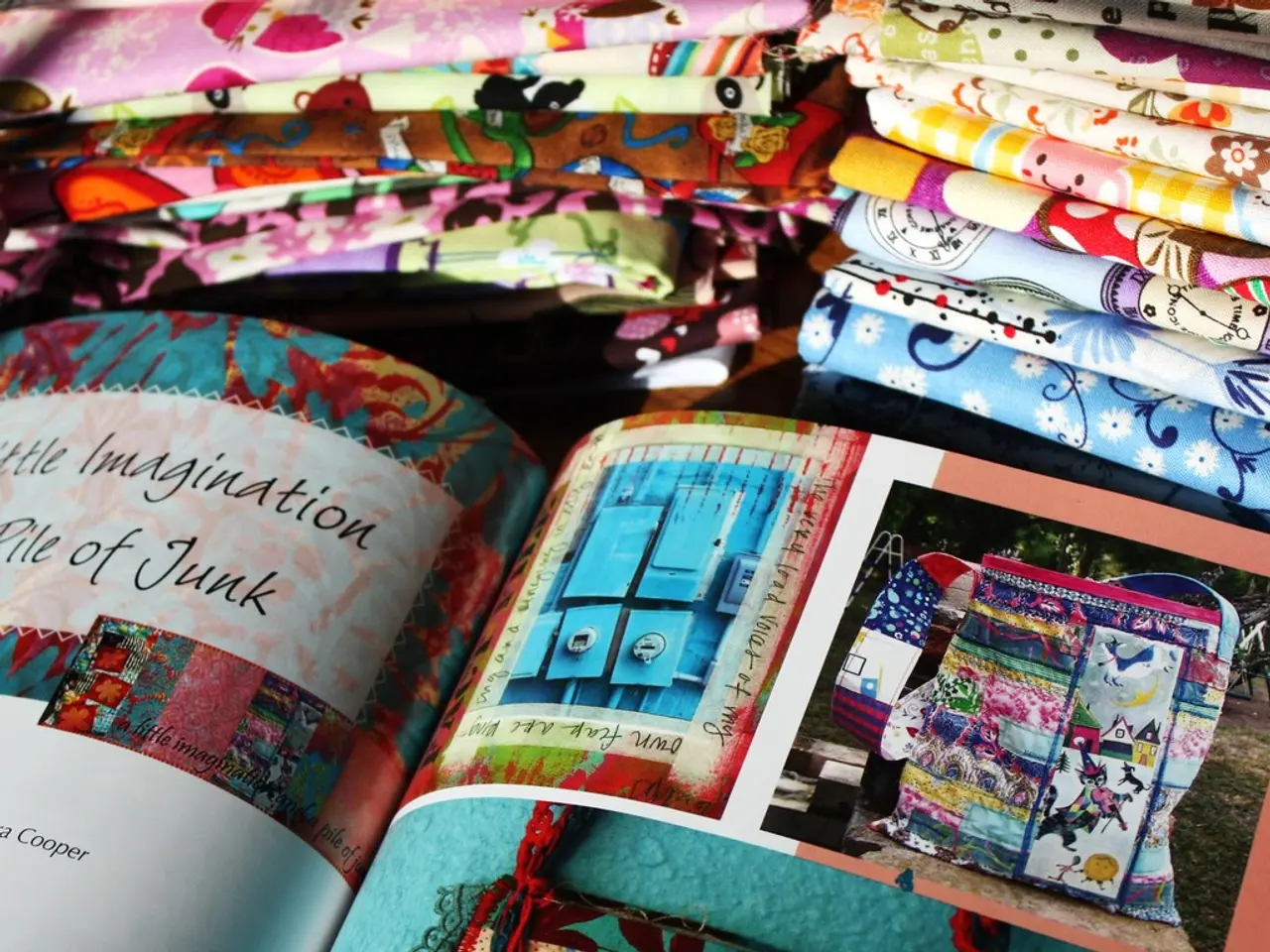Descendants of Holocaust Survivors Calling for a Cessation of Hostilities
In the face of ongoing conflict in the Middle East, a growing number of descendants of Holocaust survivors are using their unique experiences to advocate for Palestinians and promote peace.
Raz Segal, a genocide scholar, has highlighted the inappropriate use of the Holocaust to justify violence. He argues that comparing October 7th to the Holocaust is "a textbook use of the Holocaust not in order to stand with powerless people facing the prospect of genocidal violence, but to support and justify an extremely violent attack by a powerful state and, at the same time, distort this reality."
However, many Jewish survivors and their descendants are taking a different approach. They are drawing parallels between Jewish suffering during the Holocaust and Palestinian hardships today, aiming to promote empathy and humanitarian concerns.
One such individual is Rabbi Elliot Kukla, who discovered information about his grandfather Max, who died in Auschwitz, at the National Archives of Belgium. Max's story, which previously reinforced Jewish fear and suspicion, now shows the importance of solidarity and risk-taking by others to save lives. Rabbi Kukla plans to tell his child about Max's story and emphasize the importance of solidarity in saving lives.
Haim Bresheeth, a child of Auschwitz survivors, co-founded the Jewish Network for Palestine in Britain. This organisation has staged rallies for a ceasefire this year, attracting thousands of protestors.
Advocacy by these descendants takes various forms. Public protests and civil disobedience are common, with some Jewish descendants joining or leading demonstrations against Israeli policies seen as oppressive towards Palestinians.
Moral and historical argumentation is another key method. They highlight Holocaust trauma to foster empathy for Palestinian victims, urging recognition of cycles of violence and the safeguarding of human rights, often referencing Jewish ethical teachings opposing oppression.
Support for legal accountability and sanctions is also prevalent. Israeli and Jewish human rights groups, including survivors’ families, have backed reports accusing the Israeli government of war crimes and supported calls for international arms embargoes and sanctions on Israel to pressure a ceasefire and halt attacks.
Amplifying marginalized Jewish voices is another important aspect of their advocacy. They challenge Zionist narratives that equate criticism of Israel with anti-Semitism, emphasizing that many Jews oppose Israeli government policies on ethical grounds and seek peace for both peoples.
Finally, some advocates connect the Palestinian struggle to other anti-colonial and civil rights movements, suggesting the international community learn from history and implement measures—such as arms embargoes—that helped end systemic oppression in contexts like South Africa.
In a statement on Holocaust Remembrance Day, Jewish Voice for Peace, a group in the U.S., said: "We are not alone in our trauma, and we have a collective duty to prevent others from experiencing similar harm."
This approach is not without controversy, with some arguing that it trivialises the Holocaust or equates Israeli actions with those of the Nazis. However, for many descendants of Holocaust survivors, their experiences have taught them the importance of empathy, advocacy, and solidarity in the face of suffering and injustice.
References:
- The Forward
- The Guardian
- Haaretz
- The Nation
- The Lancet
- Drawing from their ancestral experiences of culture and art within the context of war and conflicts, some descendants of Holocaust survivors are leveraging education and self-development, personal growth, and community engagement to advocate for Palestinians and promote peace.
- A number of Jewish survivors and their descendants are using publications such as magazines to share their stories, emphasizing empathy, solidarity, and the importance of human rights in global news and politics.
- Amid ongoing debates about the proper use of Holocaust history, some activists are employing moral and historical argumentation to call attention to similar suffering in Palestinian communities, drawing parallels to Jewish experiences and ethical teachings.
- Connecting the Palestinian struggle to other movements for civil rights and self-determination, advocates are urging the international community to learn from history, implement measures like arms embargoes, and promote general news that emphasizes empathy and accountability.




